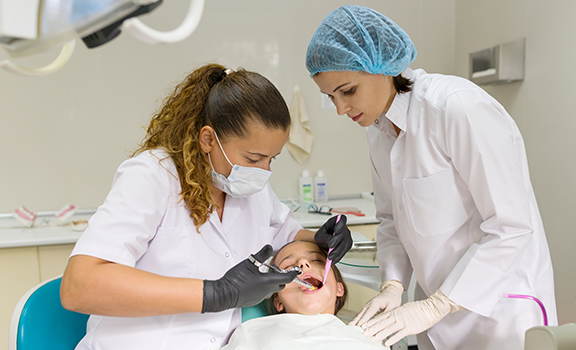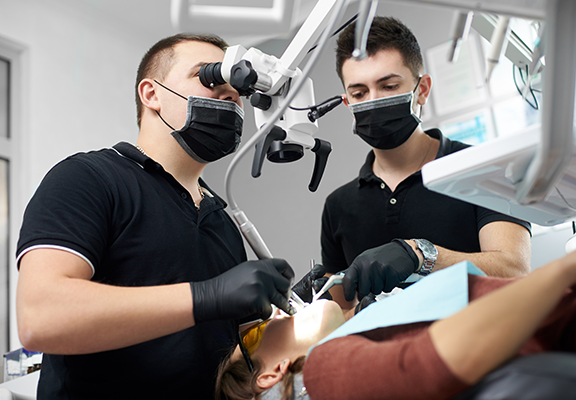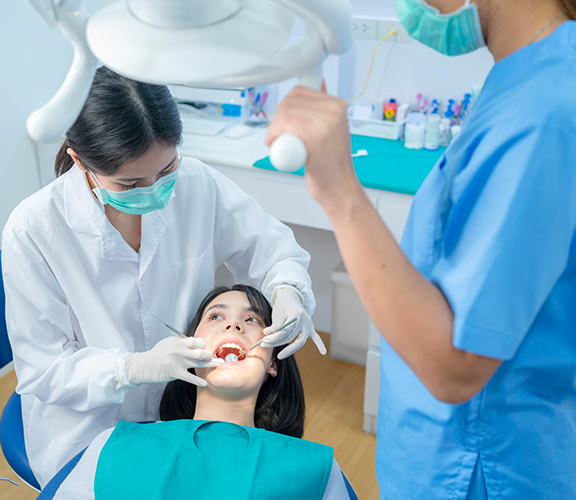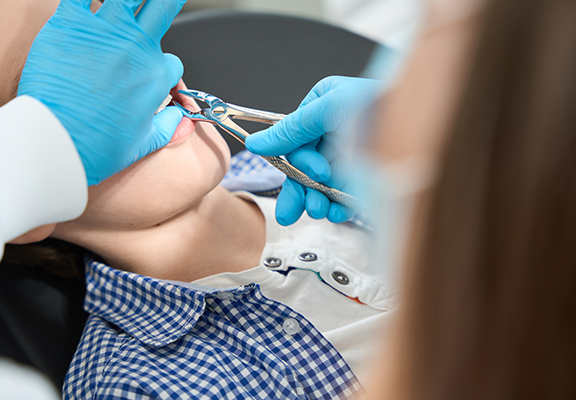The procedure itself is typically painless, as local anesthesia is used to numb the area around the tooth. However, some discomfort may be experienced during the healing process.
Recovery time can vary depending on the individual and the type of extraction. Simple extractions typically have a shorter recovery time than surgical extractions. It's common to experience some pain and swelling for a few days after the procedure, but most patients can resume normal activities within a few days to a week.
This will depend on the individual and the type of extraction. Some patients may only need to take a day or two off, while others may require a longer recovery period.
It's important to eat soft foods and avoid crunchy or hard foods for a few days after the procedure. Examples of soft foods include yogurt, applesauce, mashed potatoes, and scrambled eggs.
While tooth extractions are generally safe, there is always a risk of complications. These may include infection, bleeding, nerve damage, or damage to surrounding teeth or tissues. It's important to follow all post-operative instructions carefully to minimize the risk of complications.








